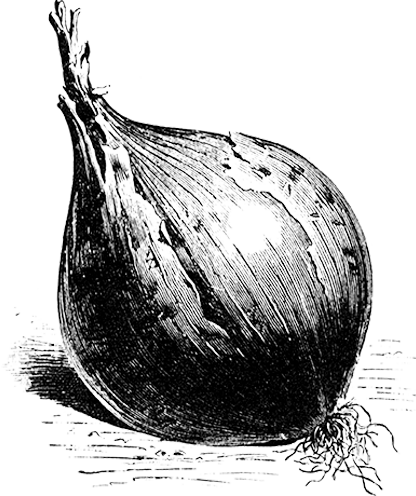Information
NOTE The seeds are grown responsibly without pesticides and artificial fertilizers and in a cultivation that is in transition to become organically certified. Conversion to an organically certified cultivation takes 2 years and seeds harvested during that time are classified as "conventional" in year 1 and "under conversion" in year 2.
| Product number: | 2430 |
|---|---|
| Scientific name: | Pastinaca sativa |
| Botanic family: | The Parsley Family-Apiaceae |
| Organic: | No |
| Days to maturity: | 112 |
| Lifespan: | Biannual |
| F1 Hybrid: | No |
| New variety: | No |
| Sowing time: | March–June/October–November |
| Sowing depth: | 1-2 cm |
| Germination temperature: | 10-20 degrees |
| Germination time: | 15-25 days |
| Plant spacing: | 8-13 cm |
| Row spacing: | 40-60 cm |
| Height: | 40 cm |
| Plant location: | Sun |
| Harvest/blooming: | September–March |
| Seeds/g: | 150-250 seeds |
| Other: | Loses its germination ability quickly; use fresh seeds. |
| Heirloom variety: | Yes |
Cultivation advice
Sowing
Always use fresh seeds and sow early in spring ab. 1-2 cm deep. To speed up the germination, which takes ab. three weeks, you can put the seeds in tepid water for ab. 24 hours before sowing. Dry them and sow.Watering the row before sowing is another method of speeding up germination or sow late in autumn just before the ground frost sets in. Do not allow the soil to dry out during germination.
Spacing
Keep 8- 13 cm between the plants and 40-60 cm between the rows.Harvest
Harvest as late as possible as the parsnip grows vigorously in autumn and tastes better after freezing. Leave about 2 cm. of the tops and keep them in the same way as carrots. Small parsnips from thinning can be enjoyed as delicacies during summer and autumn.If you cover the parsnips, still in the ground with a thick layer of hay, straw or something similar, they can be harvested until they become stuck in the ground from freezing. The wintered roots are white and delicious, but must be taken up as soon as thawing begins. If they begin to grow again their marrows become wooden and unappetizing.
Seed
150- 250 seeds/g.15-20 g sows 100 m and 250- 400 g sows 1000 m2.
A portion contains about 150 seeds.
